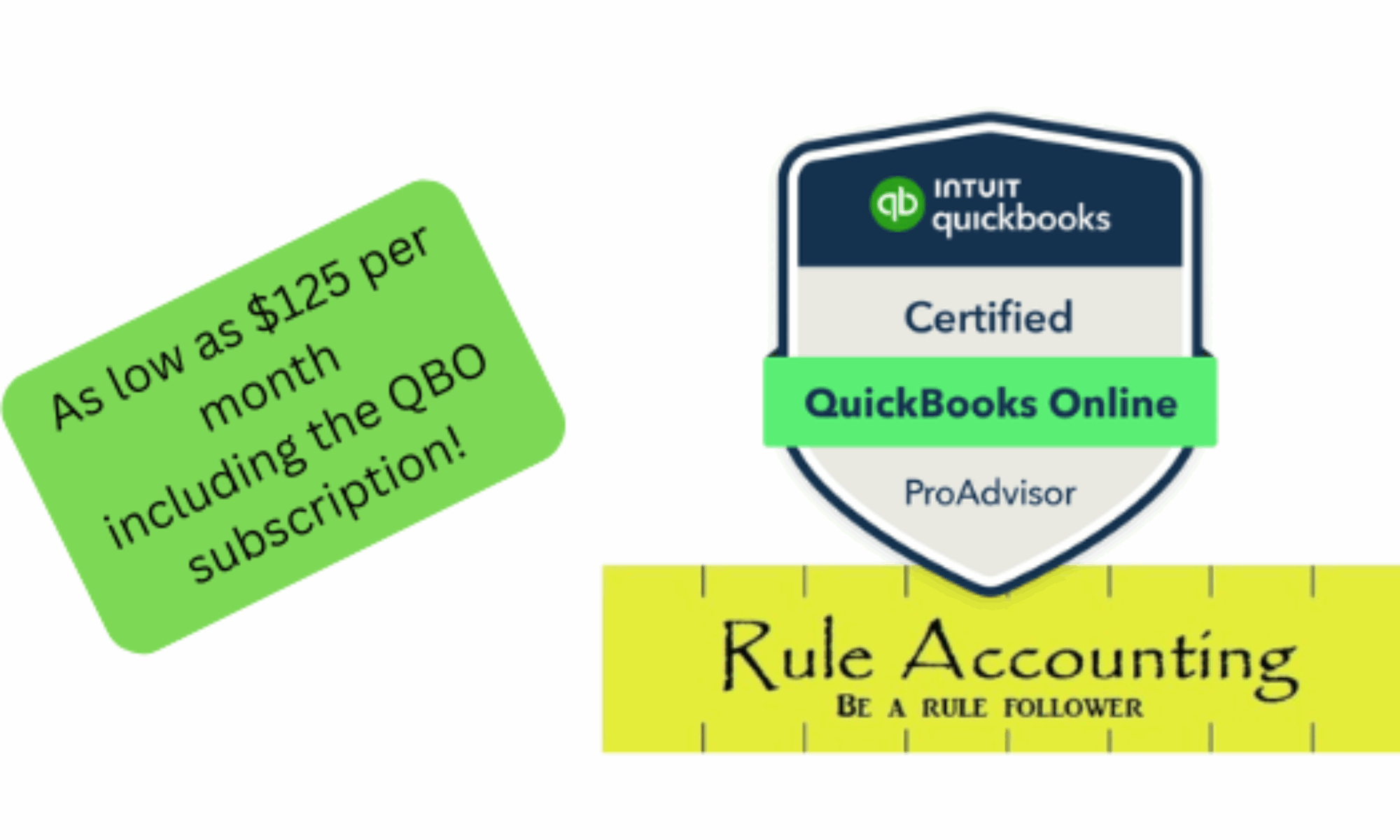
Rule Accounting is a managerial accounting firm formed in 2017. I specialize in managerial and tax accounting for family ranches.
Rule Accounting derived their business name from all of the many rules in accountancy. Bookkeeping is the day to day process of journalizing the temporary accounts of revenue and expenses. There are six major steps in the accounting process. The bookkeeping part is step two. Accounting goes into greater detail and includes the Balance Sheet accounts of Assets, Liabilities, and Retained Earnings (Capital). Accounting rules include domestic rules, international rules, and generally accepted accounting principles (GAAP). The domestic rules, or standards, are developed by the Financial Accounting Standards Board, or FASB. The international rules are developed by the International Financial Reporting Standards, or IFRS. The international rules are similar to the USA rules for the most part. Livestock rules are different abroad but here in the USA those differences don’t affect most of us.
When I refer to all of the accounting rules I am talking about all of the very specific and detailed procedures to follow. Remember, GAAP stands for PRINCIPLES, but make no mistake, they mean RULES. In addition to procedural rules there are the specific meanings for terms. For example, inventories are assets you sell in your business. Prepaid supplies are assets used in your business. While both are assets on the balance sheet, the GAAP procedure rules require these amounts to be kept separate.
There are many rules on inventory alone. Companies that manufacture their inventory to sell have to follow detailed rules for raw materials, work in process, and finished goods. Upon selling of those manufactured products, the dates shipped, as well as the FOB shipping point, is critical. Inventory values at the close of financial statements, has very specific rules. There are rules on how you handle your internal controls to ensure you are following the rules.
There are rules on the different ways to depreciate fixed assets. Intangible assets are amortized in lieu of depreciated. The IRS uses accelerated depreciation schedules to manipulate the economy. Depreciation used for financial statements should reflect the true annual cost of each of your capitalized assets. There are specific rules on how to handle gains or losses when you sell a capitalized asset. There are rules on how to remove assets and accumulated depreciation form the balance sheet.
Accounting for partnerships has a long list of rules too. There are rules on how the partnership is valued. There are rules for salary structures. There are rules for dissolution of a partnership or adding a new partner.
There are many rules concerning auditing and attestation, business environment and concepts, financial accounting and reporting, and regulation. The regulation includes rules for federal taxation for both individuals and companies.
To sum up accountancy, the math is simple, the rules are complex!
Brett Bickham, May 29, 2019
Clifton, TX
